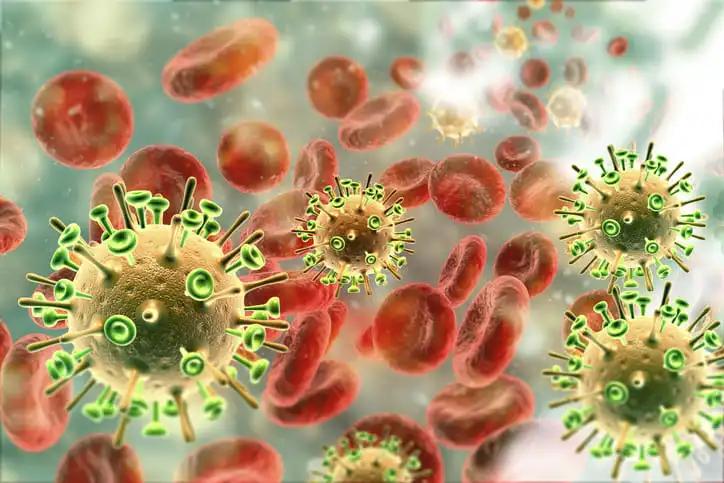KEY TAKEAWAYS
- The study aimed to measure PD-L1 expression 18F-BMS-986192 PET to find correlations between treatment response & immune-related AEs.
- PD-L1 PET spleen uptake may predict ICI response and indicate resistance in pts with oral cancer.
Although immune checkpoint inhibitors (ICIs) can stimulate anticancer immune responses but there is a need for predictive biomarkers.
Iris H C Miedema and the team designed this study to quantify programmed death ligand 1 (PD-L1) expression in various organs and lymph nodes using 18F-BMS-986192 positron emission tomography (PET) imaging and assess its correlation with treatment response and the occurrence of immune-related adverse events (AEs).
Researchers conducted 4 studies using 18F-BMS-986192 PET which involved patients (pts) with melanoma, lung cancer (LC), pancreatic cancer, and oral cancer who were receiving ICI treatment. They combined imaging data (organ SUVmean and lymph node SUVmax) with clinical data (treatment response and incidence of immune-related AEs).
The results indicated that the baseline PD-L1 uptake in the spleen was higher in non-responders vs responders (spleen SUVmean 16.1±4.4 vs 12.5±3.4, P=0.02), especially prominent in LC but not in oral cancer.
Patients with oral cancer demonstrated higher PD-L1 uptake in benign tumor-draining lymph nodes (TDLNs) (SUVmax 3.3, IQR 2.5-3.9) compared to non-TDLNs (SUVmax 1.8, IQR 1.4-2.8, P=0.04). Non-responders exhibited increased PD-L1 uptake in benign TDLNs (+15%), while responders showed a decrease (-11%) during ICI treatment.
Further, PD-L1 uptake did not predict immune-related AEs. Significantly enhanced thyroid uptake during treatment was found to be associated with pre-existing thyroid disease or toxicity.
The study concluded that spleen PD-L1 PET uptake predicts poor ICI response. Non-responders exhibit increased PD-L1 uptake in benign TDLNs on treatment, while responders show decreased uptake, suggesting resistance mechanisms in oral cancer.
The study was funded by the EU/EFPIA/Innovative Medicines Initiative .
Source: https://pubmed.ncbi.nlm.nih.gov/38886117/
Miedema I.H.C., Pouw J.E.E., Kwakman A., et al. (2024). “Exploring the predictive potential of programmed death ligand 1 expression in healthy organs and lymph nodes as measured by 18F-BMS986-192 PET: pooled analysis of data from four solid tumor types.” J Immunother Cancer. 2024 Jun 17;12(6):e008899. doi: 10.1136/jitc-2024-008899. PMID: 38886117.



